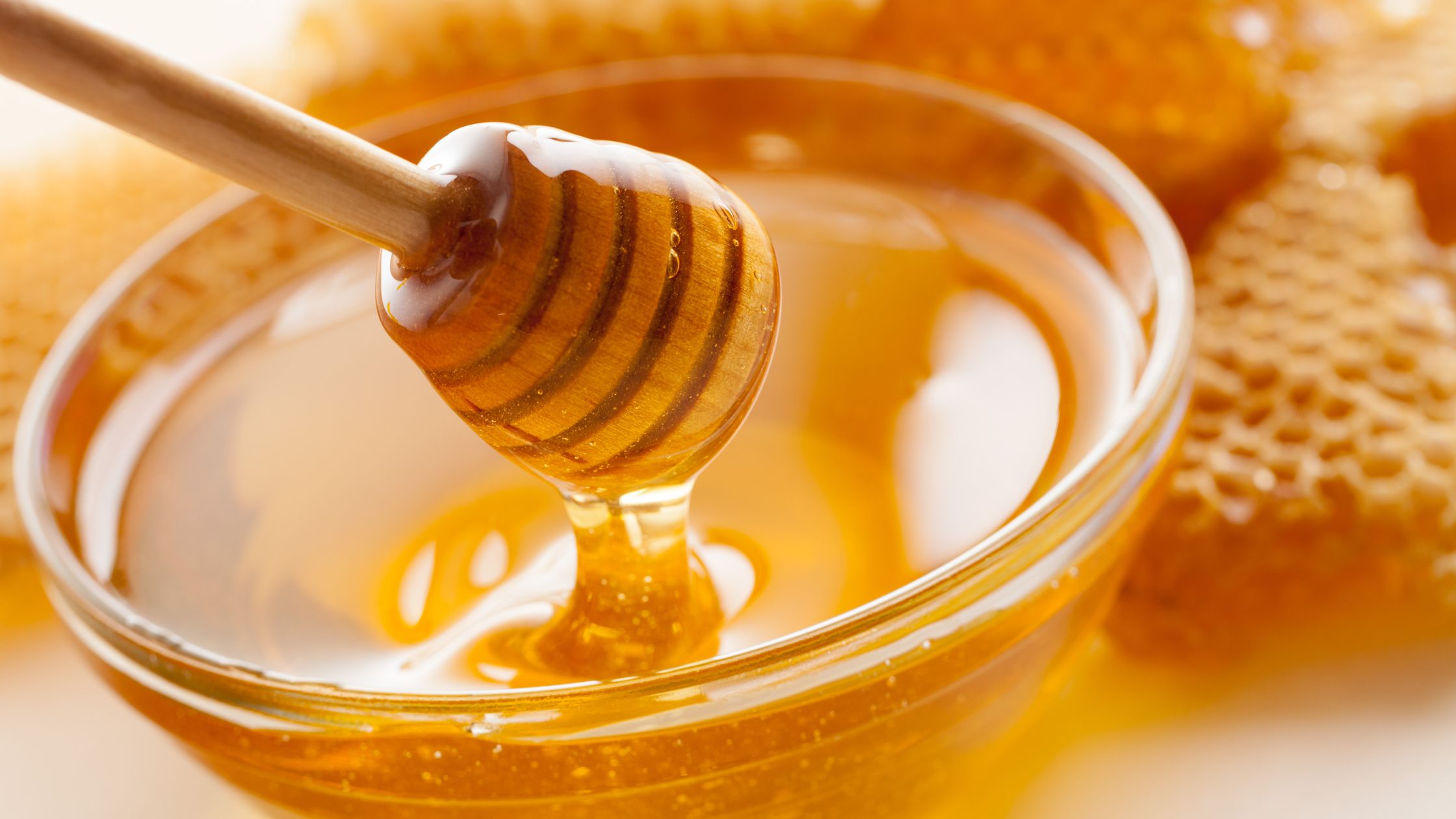Store-Bought Honey vs Fresh, Raw Honey Directly From The Beekeeper

We have compared 6 areas where raw honey from the beekeeper is superior to store bought honey in the following areas:
- Pasteurization
- Health benefits
- Purity
- Flavor
- Crystallization
- Environmental impact
For a detailed comparison, review the following content. The primary differences between store-bought honey and honey directly from a beekeeper can be significant, encompassing aspects such as processing, quality, and
nutritional value. Here’s a detailed comparison:
Detailed Comparison
Processing:
-
- Store-Bought Honey: Often pasteurized and filtered to improve shelf life and appearance. Pasteurization involves heating the honey to kill yeast and delay crystallization, while filtering removes particles like pollen, wax, and air bubbles.
- Honey from Beekeeper: Usually raw and minimally processed. It retains most of the natural elements like pollen, propolis, and wax. This honey is not heated to high temperatures, preserving its natural enzymes and nutrients.

-
- Store-Bought Honey: The pasteurization process can destroy beneficial enzymes, vitamins, and antioxidants present in honey. The extensive filtering can remove pollen, which is often considered beneficial for allergies.
- Honey from Beekeeper: Raw honey retains its full range of nutrients, including enzymes, antioxidants, and trace elements. The presence of pollen can offer additional health benefits and may help with local allergy symptoms.
Purity and Authenticity:
-
- Store-Bought Honey: There is a higher risk of adulteration with sugars, syrups, or other additives. Some commercial honeys are diluted or contain added sweeteners to cut costs.
- Honey from Beekeeper: Generally purer and less likely to be adulterated. Beekeepers typically offer single-origin honey, which is directly traceable to specific hives or regions.
Flavor and Aroma:
-
- Store-Bought Honey: The processing and blending of honey from various sources can result in a more uniform but less distinctive flavor. The heating process can also affect the taste.
- Honey from Beekeeper: Offers a richer and more complex flavor profile, often reflecting the flora of the region where the bee’s collected nectar. Each batch can have unique characteristics based on the season and the types of flowers available to the bees.
Crystallization:
-
- Store-Bought Honey: Pasteurized honey crystallizes more slowly due to the destruction of natural sugars and the removal of particles that serve as nucleation points for crystals.
- Honey from Beekeeper: Raw honey crystallizes more readily because it contains natural sugars and particles like pollen. This crystallization is a sign of purity and does not affect the quality or safety of the honey.
Sustainability and Environmental Impact:
-
- Store-Bought Honey: Often sourced from large-scale industrial operations that may not prioritize sustainable beekeeping practices. There can be issues related to bee health, use of antibiotics, and impact on local ecosystems.
- Honey from Beekeeper: Typically produced with more sustainable and eco-friendly practices. Small-scale beekeepers are more likely to focus on the health of their bees and the local environment.
In summary, buying honey directly from a beekeeper is usually raw, more nutritious, and flavorful, with a lower risk of adulteration. Store-bought honey, while often more convenient and consistent in appearance, can lose some of its natural benefits due to processing and potential adulteration. The USDA does allow for as much as 90% corn syrup to be added to honey and still call it honey.